An upcoming Bollywood film, ‘Khaali Peeli’, starring B-town newbies, Ananya Panday and Ishaan Khattar has been hugely criticised for its racist lyrics. The song, initially titled ‘Beyonce Sharma Jayegi’, is upbeat and anyone would start grooving to its rhythm. However, as you approach the chorus and right before that much awaited beat drop, you stop dancing and just cringe.

The lyrics go:
‘Bhadkeeli nakhreeli Chamkeeli lachkeeli
Tu jo kamar yeh hilayegi (When You’ll shake Your teasing, luring, shiny, flexible waist)
‘Ho Tujhe Dekh Ke Goriya… Beyonce Sharma Jaayegi
(Looking at You, O girl! Beyonce will feel shy)
Ho Tujhe Dekh Ke Goriya… Beyonce Sharma Jaayegi’ (Looking at You, O girl! Beyonce will feel shy)

The netizens called it out for its racist undertones and glorification of the white skin as always. What further triggered the people is comparing the actress in the video with a global figure, Beyonce who happens to be praising different skin tones in her song, ‘Brown Skin Girl’.
All this backlash for a single word that was used in the song, ‘Goriya.’
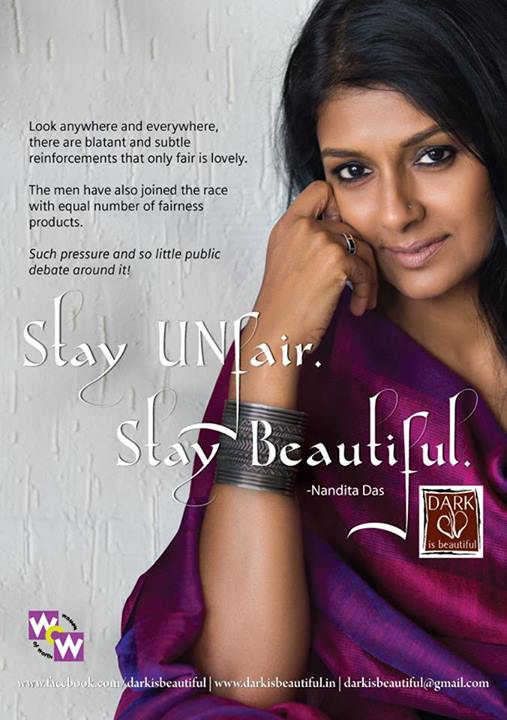
India’s age-old practice, or rather an obsession, is preferring fair-skinned individuals. This ingrained bias is constantly portrayed in the form of television advertisements and billboards, thus giving an edge to those fairness-cream-brands to promote fake propaganda that, ‘only a fair skin girl/woman or Goriya will achieve success or even receive marriage proposals.’
Activists like Kavitha Emmanuel, the founding member of Indian NGO ‘Women of Worth’, have been pushing the notion of ‘The Dark is Beautiful Campaign’ since 2009 and talking about inclusivity – beauty beyond colour.
While many Indians are against this obsession with fair skin, the Bollywood film industry has glamorised this notion to an extent that they mercilessly use the ‘fair skin girl’ to be the better looking one and the protagonist while her friends are dark-skinned and not up to the mark. Usually, the hero in the film will make at least one negative remark towards the dark-skinned girl based on her looks.
Nothing seems to be affecting society’s thought process and this song, ‘Beyonse Sharma Jaayegi’, just triggered those insightful souls that fight against such stereotypes.
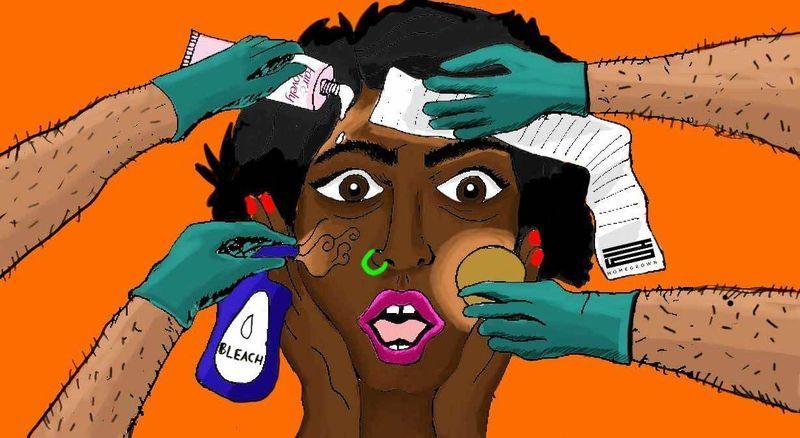
The makers of this song, Vishal-Shekhar, have now made two new changes to the song – changing the spelling of Beyonce, replacing the ‘c’ with a ‘s’ and changing the lyrics to “Tera Dekh ke Nakhra Duniya Sharma jayegi”, (Seeing your cute tantrums the world becomes shy too).
Bollywood has recently been fighting against the prevalent nepotism and these two young stars in the song hail from families that have been strongly rooted within Bollywood. This gave people more of a reason to hate the song.
Besides all that, the Bollywood film industry is hugely being questioned for casually sprinkling such racism over the already existing sexism within the industry. The use of the word, ‘goriya’ is not something new here. The Bollywood industry carries the virtues and principles of its people and amplifies it 10 folds. This agenda to push fair-skin over dark skin tones has been an age-old practice. However, few globally known actresses like Deepika Padukone or Priyanka Chopra fought against such petty evils and have now established themselves internationally.
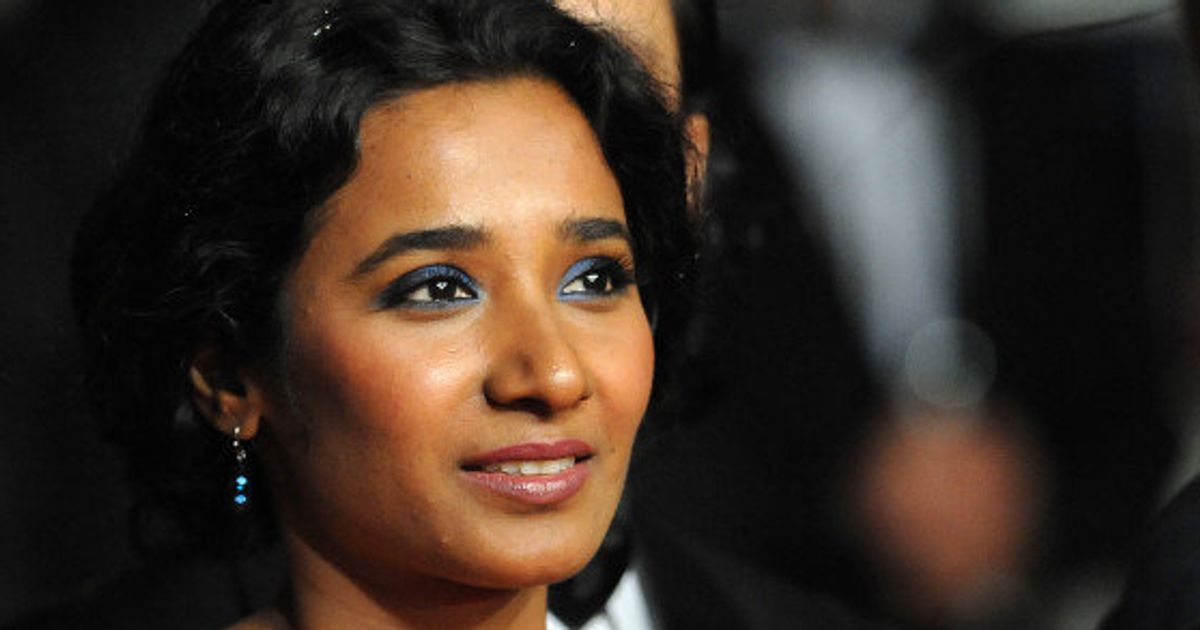
A world-acclaimed star, Tannishtha Chatterjee (known for performances in the British film Brick Lane, Parched, Angry Indian Goddesses and Lion) was offered roles of downtrodden, rural women in Indian films because of her dark tone.
“And when I played urban characters, I was helpfully told to use skin-lightening makeup to look urbane. Pretty is equivalent to fair-skinned. The prejudice is all-pervasive in our country. Look at how shoddily Africans are treated in our country. 90 percent of us Indians are dark-skinned. There are other body biases in our society. But skin prejudice hits at a person’s self-esteem. It is rooted to the caste system”, she said to National Herald.
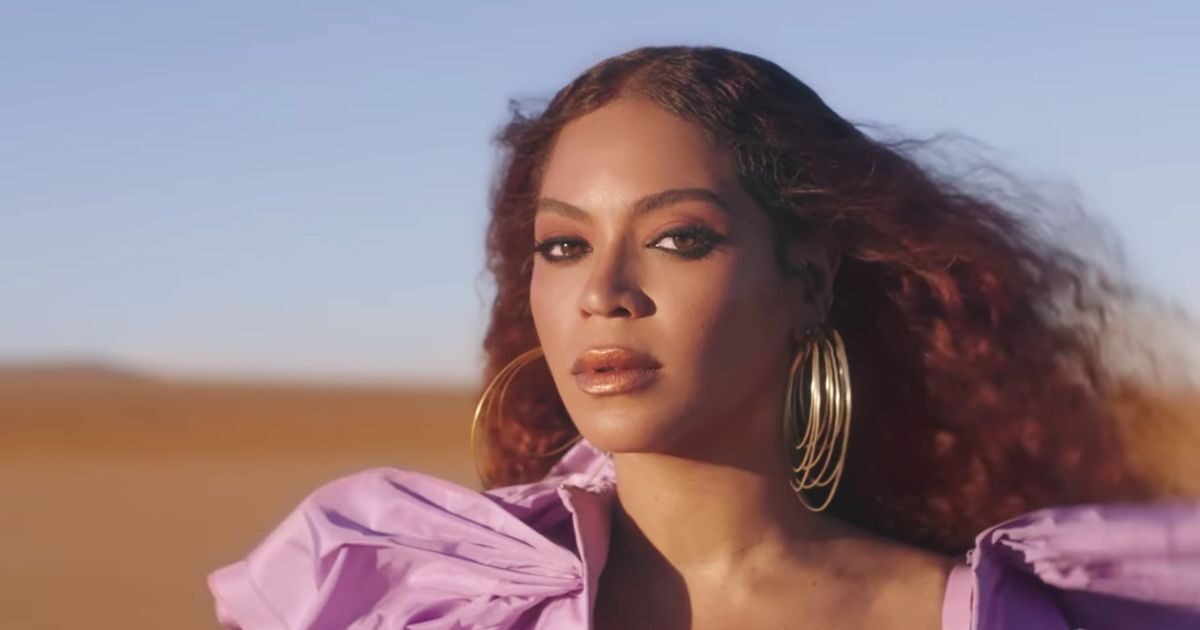
Amidst all this outburst, Khaali Peeli Director, Maqbook Khan opened up about this controversial song and stated to Hindustani Times, “First, without any hesitation or excuses we want to apologise to anyone offended. We assure you that the lyric in question was never intended racially. In fact, the term ‘goriya’ has been so often and traditionally used in Indian songs to address a girl, that it didn’t occur to any of us to interpret it in the literal manner. Also the comparison with Beyonce is simply meant to be a street-smart guy flattering a girl who is trying to impress that her dancing/performance is worth comparing to even Beyonce who we all see as the final word, the epitome of talent, beauty, performance, style and attitude. We are all huge fans, and there was never any question of disrespect.”
He even went on to add that the term, ‘Goriya’ was not meant to be derogatory of any sort and definitely with no ill-intention to hurt the sentiments of Beyonce or her fans.
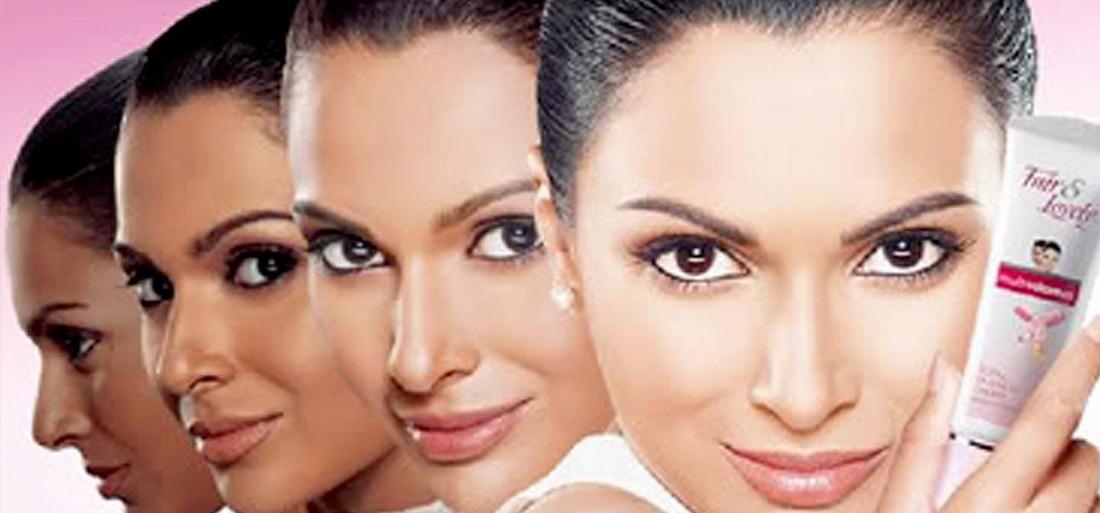
Besides such honesty in the director’s confession against this racial accusation, what really is the scenario in India? Hailing from India myself, I take this chance to clarify this confusion. Indians and Bollywood have an undeniable friendship for a long while and over the years there have been countless, Hindi-language-feature films that have shown the fair-skin girl as the superior kind, the one who gets the man, the one who lands the job, the one preferred by all in society. Amidst this chaos, the darker-skin tone girls/women are tormented and forced to use fairness cream products and their confidence is stripped off from an young age. Thus, leading to that stereotypical norm that still prevails to this day. The obsession with the fair-skin tone is a bigger evil than one can imagine.
A family looking for a bride for his son expects a thin, lean girl who may or may not be educated but importantly should be ‘fair-skinned’. That is their minimum criteria and this ingrained practice passed on for centuries that a simple word, ‘Goriya’ that was used in the song triggered an entire nation to ban the song and forced the creators to tweak the lyrics.
It is high time that we start appreciating the diversity of skin tones and change the perspective to any man or woman, no matter the skin tone can be successful.
It is not about the skin tone rather what lies underneath it, the talent.
Subscribe to FIB’s Weekly Alchemy Report for your weekly dose of music, fashion and pop culture news!







